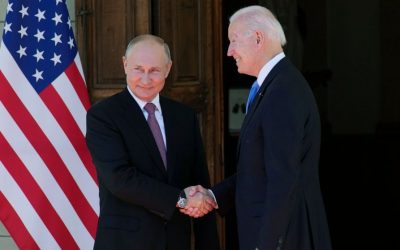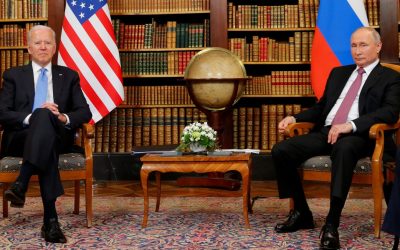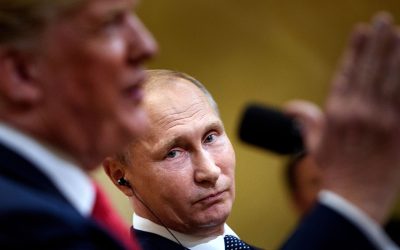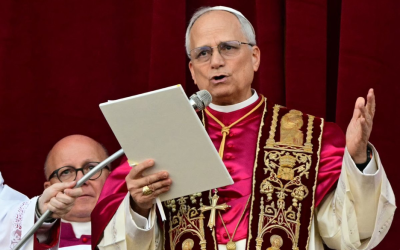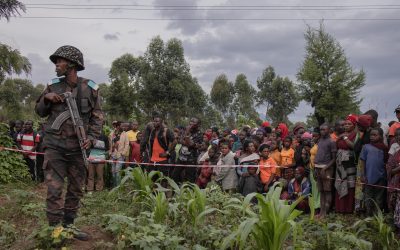Brief #140 – Foreign Policy
By Ibrahim Sultan
On January 10, 2022, US, its NATO allies and Russian officials began a week of talks in Vienna and other European cities in an attempt to de-escalate the rising tensions on the Ukrainian border. The meetings ended without any breakthrough and did not succeed in their key objective: removing the immediate threat of tens of thousands of Russian troops stationed at the Ukrainian border.

